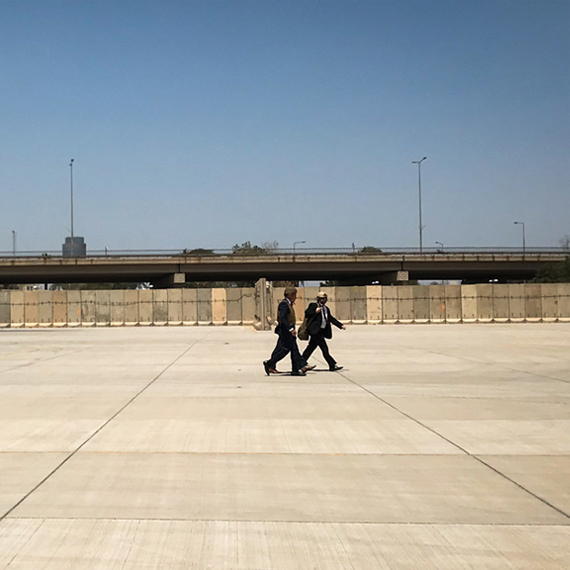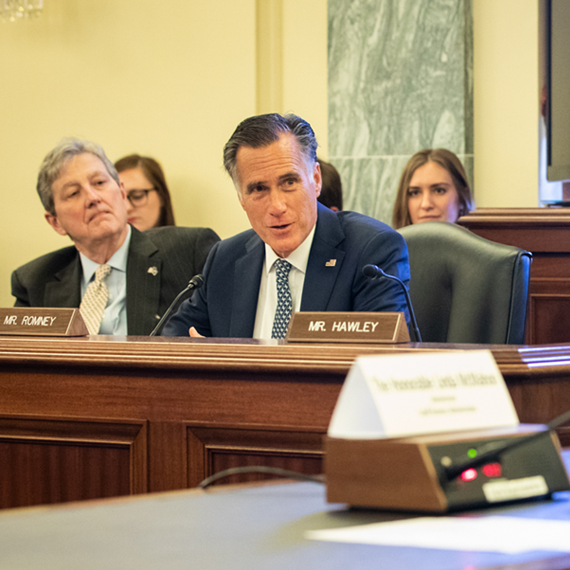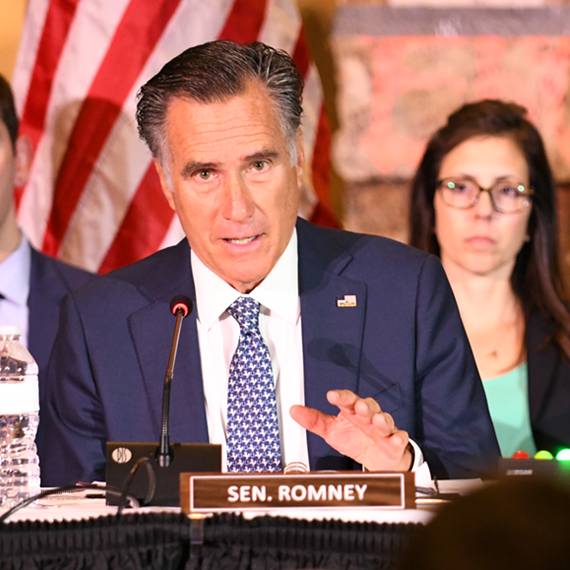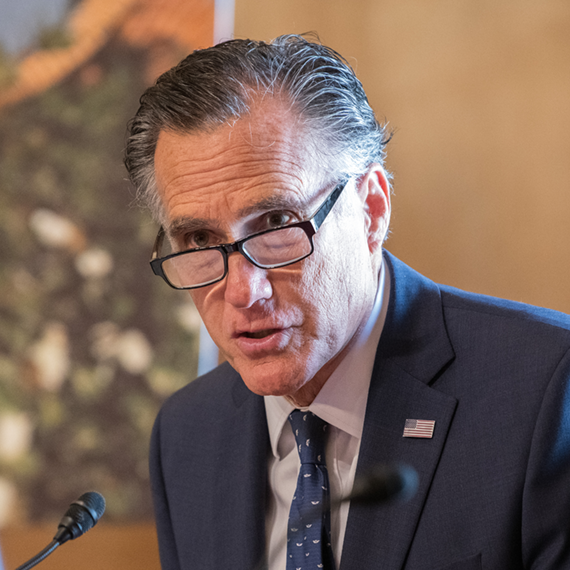The Senate Foreign Relations Committee was established in 1816 as one of the original ten standing committees of the Senate. Throughout its history, the committee has been instrumental in developing and influencing United States foreign policy, at different times supporting and opposing the policies of presidents and secretaries of state. Through these powers, the committee has helped shape foreign policy of broad significance, in matters of war and peace and international relations. Members of the committee have assisted in the negotiation of treaties, and at times have helped to defeat treaties they felt were not in the national interest. The committee also holds jurisdiction over all diplomatic nominations.
For the 117th Congress, Senator Romney will serve as Ranking Member of the Subcommittee on East Asia, the Pacific, and International Cybersecurity Policy. He will also serve on the Subcommittee on Europe and Regional Security Cooperation and on the Subcommittee on Near East, South Asia, Central Asia, and Counterterrorism, which he chaired last Congress.
The committee began in 1869 as the Committee on Education and in 1884 through the mid-1900s it was known as the Education and Labor Committee. In 1999, the committee officially became the Health, Education, Labor and Pensions (HELP) Committee. The committee is composed of three subcommittees, which have a broad jurisdiction over our country’s health care, education, employment and retirement policies. The HELP Committee jurisdiction encompasses most of the agencies, institutes, and programs of the Department of Health and Human Services; has primary jurisdiction over private retirement plans and the Pension Benefit Guaranty Corporation through the Employee Retirement Income Security Act of 1974 and over railroad retirement; and most federal labor and employment laws. The committee is also committed to ensuring our country’s workforce is prepared to meet the challenges of the 21st Century through a lifetime of learning for our citizens.
The Committee on Homeland Security and Governmental Affairs (HSGAC) is the chief oversight committee of the U.S. Senate. Over the years, HSGAC and its predecessors have dealt with a number of important issues, including government accountability, Congressional ethics, regulatory affairs, and systems and information security. In 2003, after the Homeland Security Act of 2002 established the Department of Homeland Security, the Committee adopted primary oversight of the creation and subsequent policies, operations, and actions of the Department. In this capacity, the committee has introduced and passed a number of bills to improve the Department of Homeland Security and ensure America’s safety, including the Homeland Security Act, implementation of the 9/11 Commission recommendations, the Katrina Investigations, and the National Intelligence Reform Act, which revamped the intelligence community and created the Office of the Director of National Intelligence in 2004.
Created by the Congressional Budget and Impoundment Control Act of 1974, the Budget Committee’s principal responsibility is to develop a concurrent resolution on the budget to serve as the framework for congressional action on spending, revenue, and debt-limit legislation. The Committee is also responsible for the enforcement of this concurrent resolution and associated budget laws. Through the budget resolution, the Committee can also initiate and enforce the budget reconciliation process, a piece of legislation that is written to bring about specific identified fiscal goals. The Committee also holds hearings on the economy, oversight hearings to monitor the performance of government agencies, and hearings to consider nominations for the president’s Office of Management and Budget and tracks the appropriations process throughout the year to make sure that spending levels in appropriations bills conform to the levels set forth in the budget resolution.




